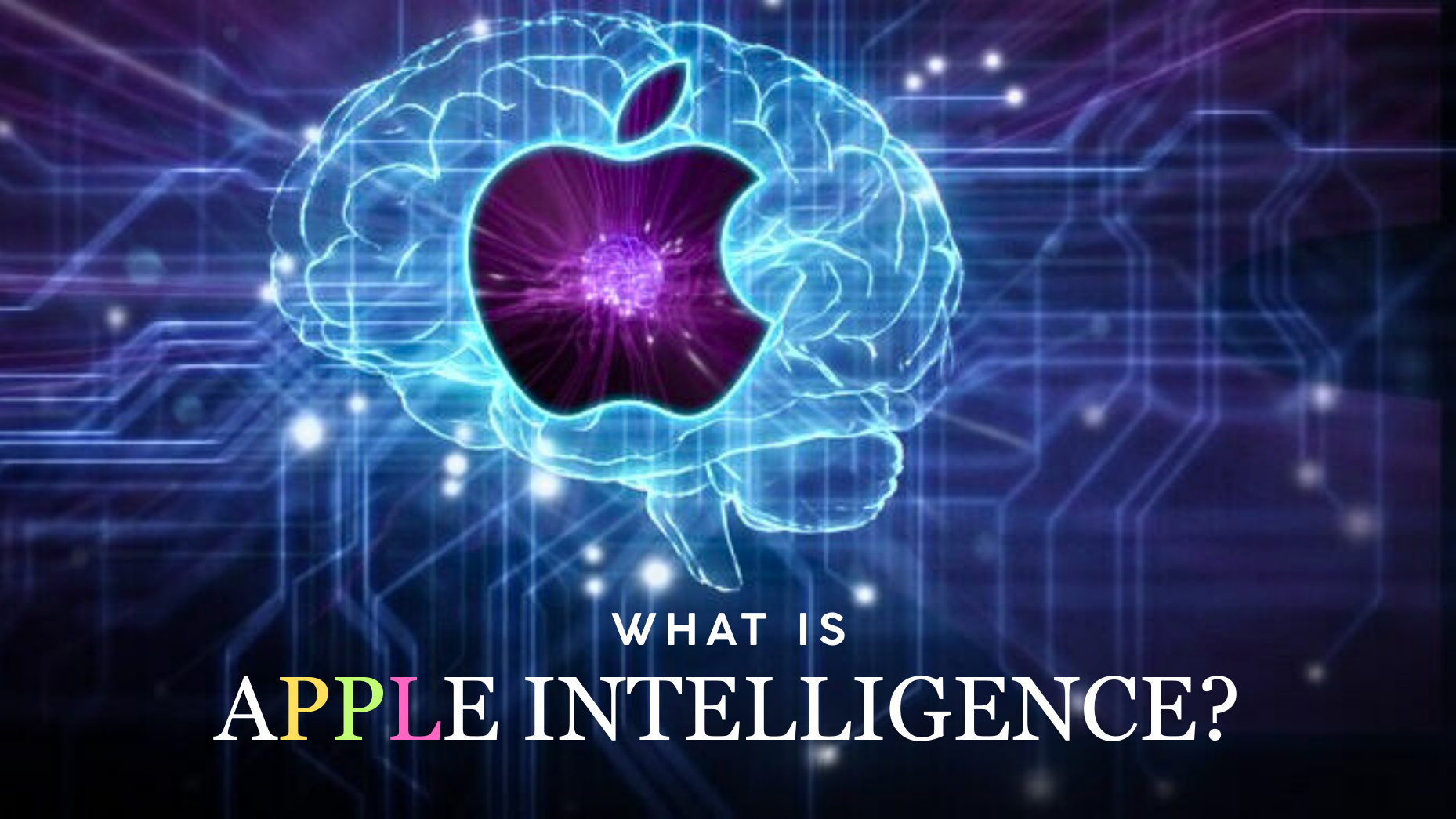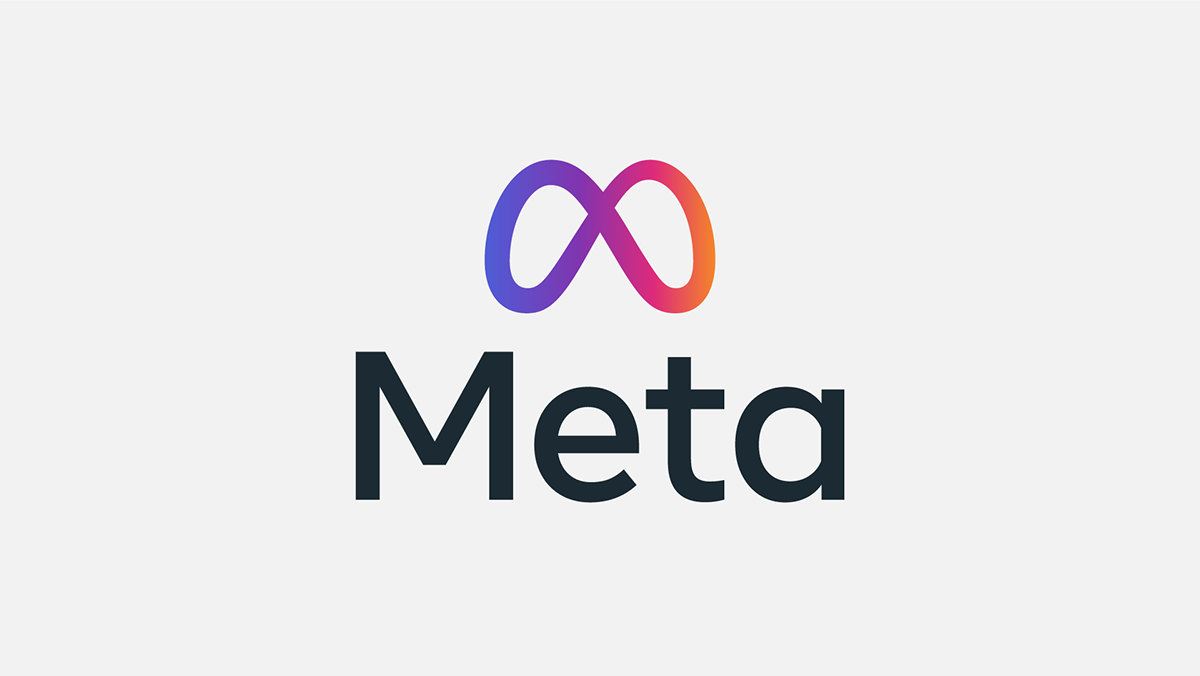In today’s fast-paced business environment, artificial intelligence (AI) has become a game-changer for companies looking to streamline operations and stay competitive. AI offers the ability to automate tasks, enhance decision-making, and improve customer experiences. Below is a comprehensive guide on how you can harness the power of AI to streamline your business processes and achieve higher efficiency.
1. Understanding AI and Its Potential
AI is a broad field of computer science that focuses on creating systems capable of performing tasks that typically require human intelligence. These tasks include problem-solving, learning, reasoning, and even understanding natural language. In the business world, AI technologies such as machine learning, natural language processing (NLP), and robotic process automation (RPA) are used to automate repetitive tasks, analyze vast amounts of data, and make more informed decisions.
Companies like Amazon, Google, and IBM have been early adopters of AI, integrating these technologies into their core operations. For small and medium-sized enterprises (SMEs), AI tools are now more accessible, providing an opportunity to streamline business processes at a fraction of the cost and effort previously required.
2. Automating Routine and Repetitive Tasks
One of the most obvious ways AI can streamline business processes is by automating routine and repetitive tasks. These tasks often consume a significant amount of employee time and resources but provide little added value to the business. AI-powered tools, such as RPA, can handle these tasks with minimal human intervention.
For example, RPA bots can automate data entry, invoicing, payroll processing, and even customer service inquiries. By implementing these technologies, businesses can free up their workforce to focus on higher-value activities, such as strategy development, innovation, and customer relationship management.
Key Benefits of Automating Tasks with AI:
- Increased productivity: AI tools can work around the clock without fatigue.
- Cost reduction: Automation reduces the need for manual labor.
- Fewer errors: AI systems are less prone to making mistakes, especially in repetitive tasks.
3. Improving Customer Service with AI Chatbots
Customer service is a critical part of any business, and AI can greatly enhance this area by implementing chatbots and virtual assistants. AI-driven chatbots can answer customer queries 24/7, providing instant support and addressing common issues without requiring human intervention.
Chatbots have evolved to be more sophisticated, thanks to advances in natural language processing (NLP). They can now understand customer intent, offer personalized recommendations, and escalate complex queries to human agents when necessary. This ensures a seamless experience for customers while allowing businesses to handle a large volume of inquiries without overloading their customer service teams.
Key Benefits of AI Chatbots:
- Instant responses: Customers receive immediate support, reducing wait times.
- Personalization: AI can analyze customer data to provide personalized interactions.
- Scalability: Chatbots can handle multiple inquiries simultaneously, increasing customer service capacity.
4. Enhancing Data-Driven Decision Making
Data is the backbone of modern businesses, and AI has revolutionized how companies can leverage this data to make more informed decisions. AI tools, such as predictive analytics and machine learning algorithms, can analyze large datasets to uncover patterns, trends, and insights that may not be immediately obvious to human analysts.
For instance, AI can be used to predict customer behavior, forecast sales, optimize supply chains, and even manage risks. By using AI to analyze data in real time, businesses can make faster, more accurate decisions that drive efficiency and competitiveness.
Key Benefits of AI-Driven Decision Making:
- Better insights: AI tools can process and analyze data much faster than humans, leading to more actionable insights.
- Predictive capabilities: AI can help forecast trends and make proactive decisions.
- Reduced bias: Machine learning algorithms can make objective decisions based on data, reducing human bias in decision-making processes.
5. Optimizing Supply Chain Management
Supply chain management is another area where AI can have a significant impact. AI-powered systems can optimize various aspects of the supply chain, from inventory management to logistics. By predicting demand, identifying potential bottlenecks, and optimizing delivery routes, AI can help businesses reduce costs, improve efficiency, and minimize delays.
For example, AI can analyze historical data to predict inventory levels more accurately, ensuring that businesses have the right amount of stock at the right time. Similarly, AI can optimize delivery routes for maximum efficiency, reducing transportation costs and improving delivery times.
Key Benefits of AI in Supply Chain Management:
- Improved forecasting: AI tools can analyze data to make more accurate predictions, reducing stockouts and overstocking.
- Enhanced logistics: AI can optimize routes and schedules to save time and resources.
- Cost savings: AI-driven supply chain management reduces operational costs by minimizing inefficiencies.
6. Boosting Marketing and Sales Efforts
AI is also transforming the way businesses approach marketing and sales. With AI tools, companies can deliver highly personalized marketing campaigns, improve lead generation, and increase conversion rates. AI-powered platforms can analyze customer behavior, segment audiences, and provide recommendations for personalized content, ensuring that marketing efforts are more targeted and effective.
For example, AI can identify which products a particular customer is likely to be interested in based on their past behavior. This allows businesses to deliver personalized product recommendations, increasing the likelihood of a sale. AI can also assist in automating sales processes, such as following up with leads, sending personalized emails, and even determining optimal pricing strategies.
Key Benefits of AI in Marketing and Sales:
- Personalized marketing: AI tools can deliver personalized content and product recommendations, increasing customer engagement.
- Efficient lead management: AI can analyze lead behavior and prioritize the most promising prospects.
- Better sales forecasting: AI tools can predict future sales trends and help businesses adjust their strategies accordingly.
7. Enhancing Employee Productivity and Collaboration
AI can improve internal operations by enhancing employee productivity and collaboration. For instance, AI-powered project management tools can help teams manage tasks, monitor progress, and allocate resources more effectively. These tools often come with advanced features such as automation of repetitive tasks, smart scheduling, and real-time collaboration capabilities.
Additionally, AI can be integrated into workplace communication platforms to facilitate smoother collaboration among teams, particularly in remote working environments. AI-driven virtual assistants can help manage meetings, set reminders, and even summarize key points from discussions, allowing teams to stay organized and efficient.
Key Benefits of AI for Employee Productivity:
- Streamlined task management: AI can automate mundane tasks, allowing employees to focus on higher-priority work.
- Improved collaboration: AI-powered tools enhance communication and project management, especially for remote teams.
- Enhanced productivity: AI can provide insights into employee performance and recommend ways to optimize productivity.
8. Managing Risk and Compliance
Businesses are subject to various risks, including regulatory changes, financial risks, and cybersecurity threats. AI can help mitigate these risks by identifying potential issues before they escalate. For instance, AI can analyze patterns to detect fraudulent activities, monitor compliance with regulations, and assess credit risks.
Moreover, AI can assist in automating compliance processes, such as ensuring that all documentation is up to date and that procedures are followed correctly. This reduces the risk of human error and helps businesses stay compliant with relevant laws and regulations.
Key Benefits of AI in Risk Management:
- Fraud detection: AI can identify unusual patterns in data to detect fraud before it becomes a problem.
- Regulatory compliance: AI tools can automate compliance checks and ensure that businesses meet regulatory requirements.
- Risk mitigation: AI can analyze potential risks and recommend strategies to minimize them.
9. The Future of AI in Business
As AI technologies continue to advance, their applications in business will only grow. Emerging trends such as autonomous systems, AI-powered decision-making, and advanced robotics will further transform industries. Businesses that adopt AI now will be better positioned to capitalize on these future developments.
AI is no longer a tool reserved for large corporations with significant resources. It is now accessible to businesses of all sizes, providing them with the ability to streamline operations, reduce costs, and improve overall efficiency. By integrating AI into your business processes, you can stay competitive, drive growth, and achieve long-term success.
Conclusion
AI is revolutionizing the way businesses operate by automating tasks, improving decision-making, enhancing customer service, and optimizing processes. By embracing AI, companies can streamline their business processes, boost productivity, and stay ahead of the competition. Now is the time to explore how AI can be integrated into your business to unlock its full potential.














Leave a Reply